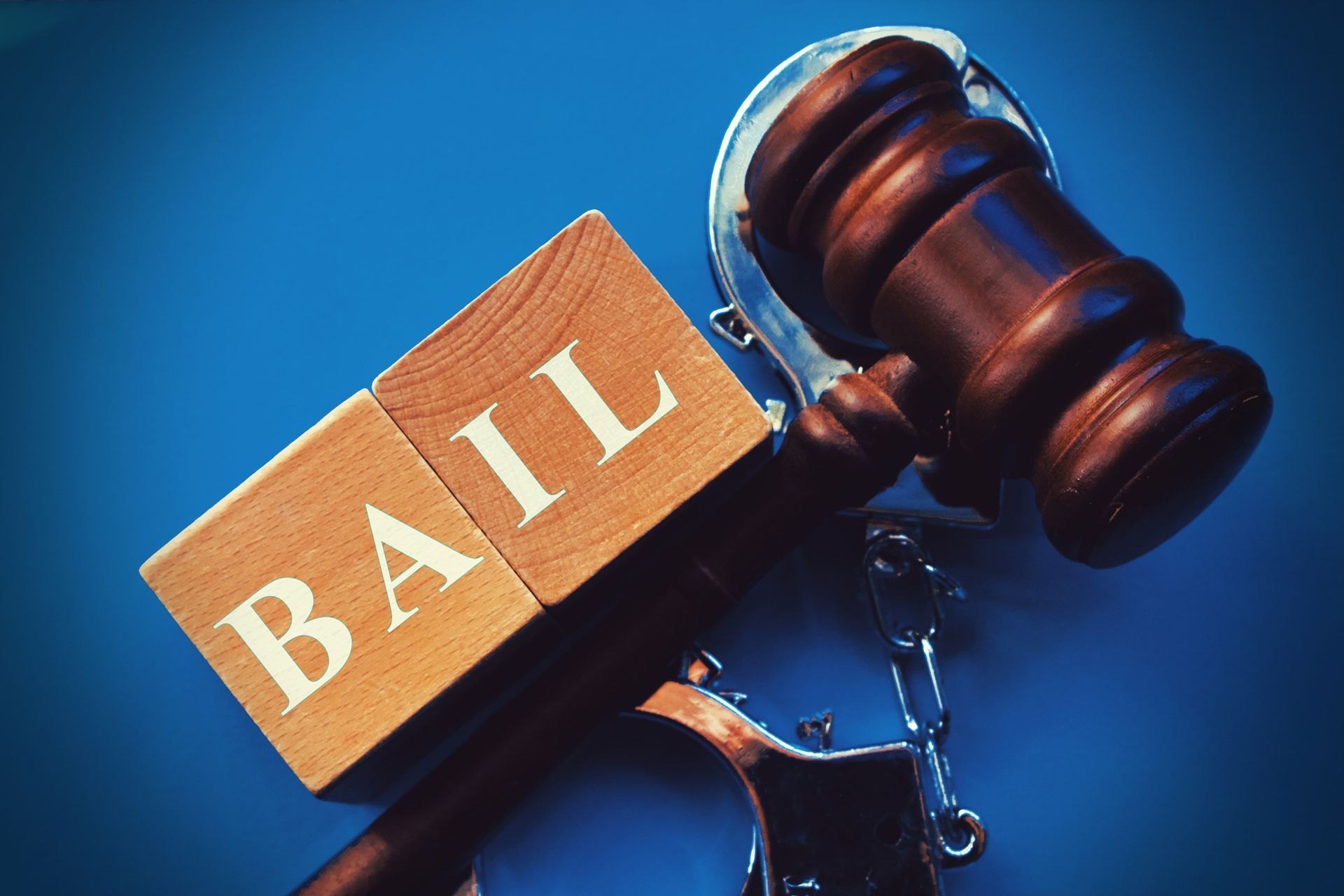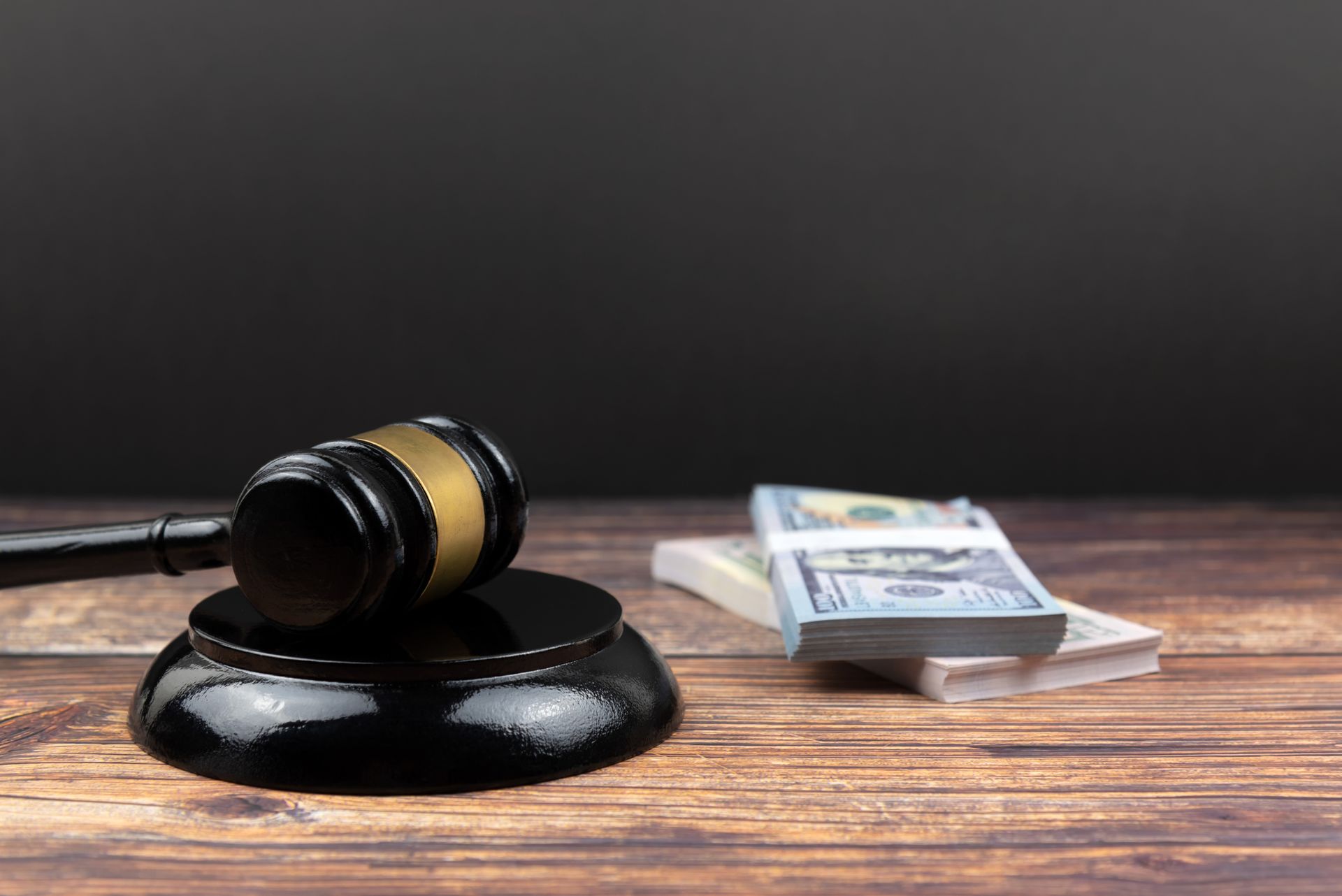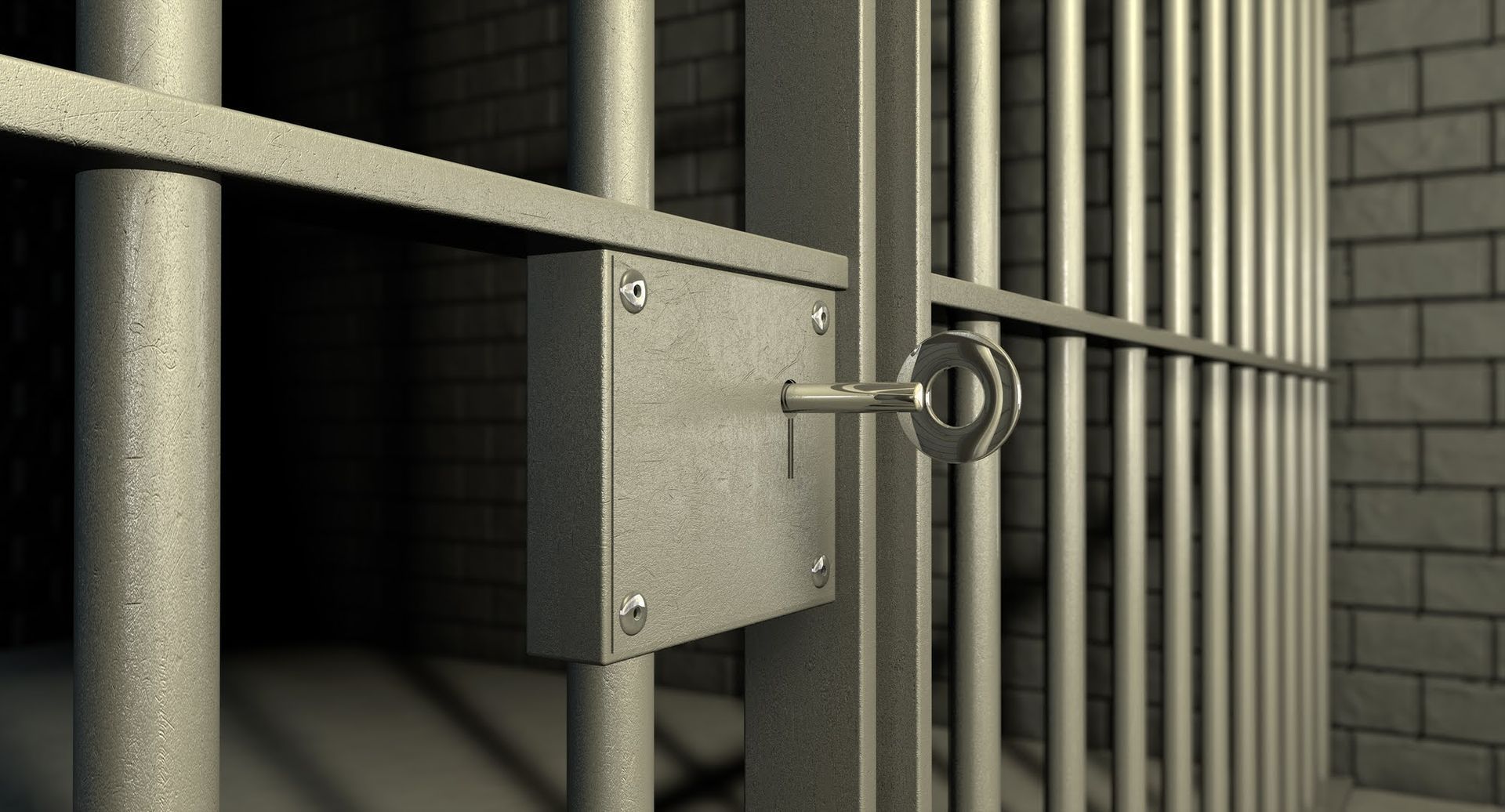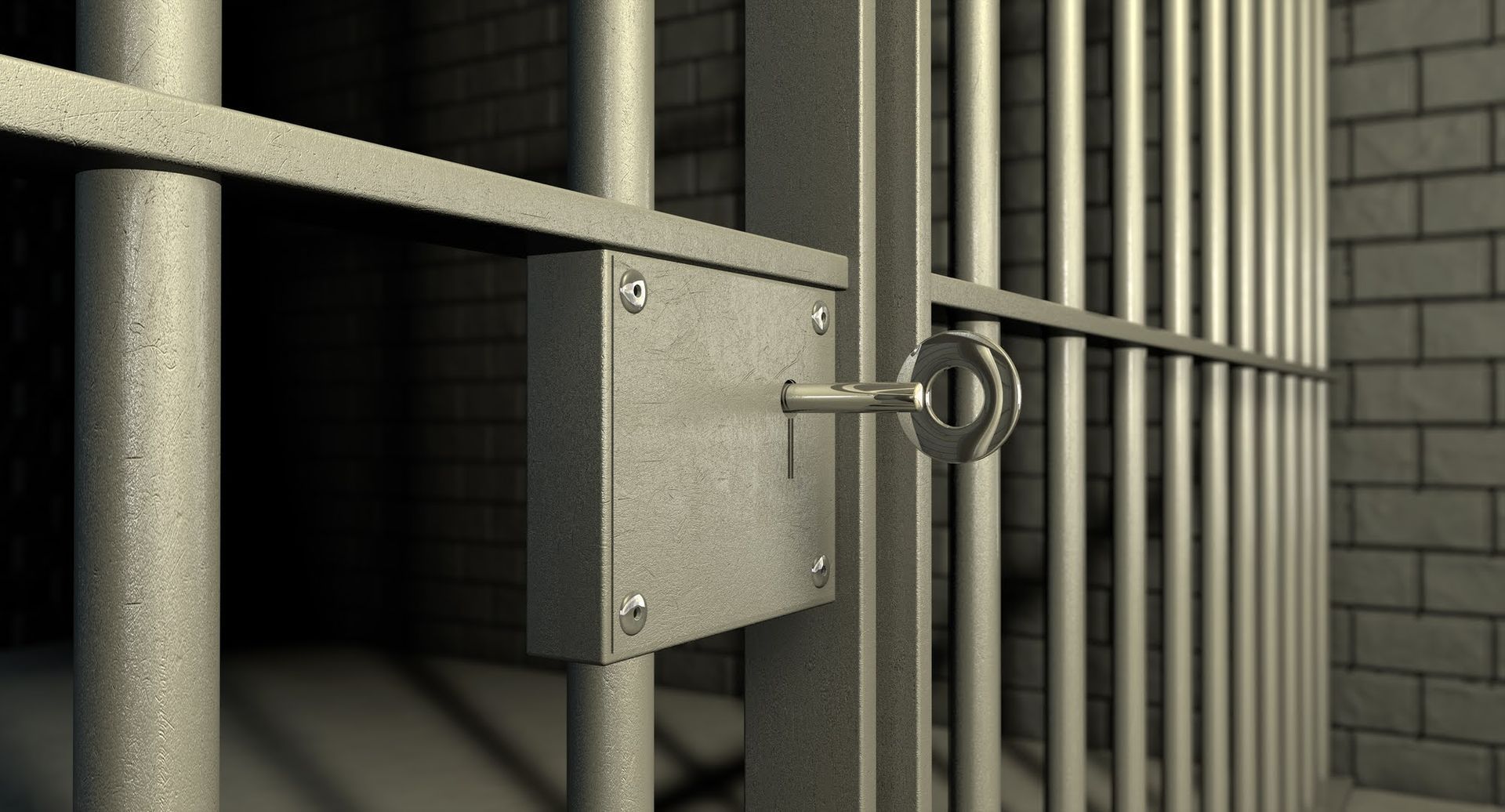The Social and Economic Benefits of Using Bail Bonds
Navigating the criminal justice system can be a daunting experience, not only emotionally but also financially. Bail bonds offer a solution that can alleviate some of the pressure associated with arrests and detentions. This blog explores the multifaceted benefits of using bail bonds, focusing on both social and economic advantages.
Understanding Bail Bonds
Before delving into the benefits, it’s important to understand what bail bonds are. When someone is arrested, they may be granted bail, which is a set amount of money that must be paid to secure their release until their court date. However, bail amounts can be prohibitively high. A bail bond is a type of surety bond provided by a bail bond agency or bail bondsman. The bail bondsman pays the entire bail amount on the defendant's behalf. The defendant, in turn, pays a percentage of the bail amount to the bondsman as a fee.
Social Benefits of Bail Bonds
Preserving Family Stability
One of the most immediate social benefits of bail bonds is the preservation of family stability. An arrest can be a traumatic event that disrupts the family unit. By securing a bail bond, the accused individual can return home and continue to fulfill their responsibilities to their family, whether that involves providing financial support or taking care of children. This continuity helps maintain a sense of normalcy and reduces emotional stress for family members.
Upholding Employment
Employment is another crucial aspect of life that can be severely impacted by an arrest. Being detained for an extended period can lead to job loss, which can have a ripple effect on one’s financial stability and future career prospects. Bail bonds enable the accused to be released from custody and return to work while awaiting trial. This helps preserve their current employment and ensures they are in a better position to cover legal expenses and contribute to their household income.
Community Integration
Reintegration into the community is a vital component of the rehabilitation process. Bail bonds allow individuals to remain active and engaged within their communities while they await their court dates. This continued integration helps maintain social ties and support networks, which can be crucial for mental well-being and social stability. It also affords individuals the opportunity to seek counseling, rehabilitation, or other support services that might be beneficial.
Economic Benefits of Bail Bonds
Reduced Financial Burden
The most obvious economic benefit of using bail bonds is the reduction of financial burden. The cost of bail can be exorbitant, and not everyone has the means to pay the full amount. By paying a percentage of the bail to a bail bondsman, individuals can secure their release without depleting their savings or taking on significant debt. This arrangement offers immediate relief and allows individuals to allocate their financial resources more effectively, perhaps towards legal defense or other pressing needs.
Efficient Allocation of Public Resources
From a broader perspective, bail bonds contribute to the efficient allocation of public resources. Detaining individuals in jail is costly for taxpayers. By using bail bonds, the number of people held in custody is reduced, which alleviates the financial strain on the criminal justice system. This allows for better allocation of resources towards other public services such as education, healthcare, and infrastructure.
Supporting Local Economies
Bail bond agencies are often local businesses that contribute to the economy by providing jobs and generating income. When individuals use bail bonds, they support these businesses, which stimulates the local economy. This economic activity can have a positive impact on the community as a whole, creating a cycle of growth and prosperity.
Bail Bonds Foster Fairness in the Justice System
Equal Opportunity for Release
One of the pillars of justice is the principle of fairness. Bail bonds help level the playing field by providing an equal opportunity for release, regardless of an individual’s financial status. Without bail bonds, only those with substantial financial means could afford to pay bail, leaving less affluent individuals at a disadvantage. This service ensures that everyone, regardless of their economic background, has the chance to secure their release and prepare for their defense adequately.
Reducing Jail Overcrowding
Jail overcrowding is a persistent issue that affects many jurisdictions. Overcrowded facilities can lead to inhumane living conditions, increased violence, and strained resources. Bail bonds help mitigate this problem by reducing the number of individuals held in pretrial detention. This not only improves the conditions within jails but also allows the criminal justice system to function more smoothly and efficiently.
Safeguarding Rights and Freedoms
Right to a Fair Trial
The right to a fair trial is a fundamental aspect of the justice system. By enabling individuals to secure their release, bail bonds ensure that the accused can actively participate in their defense. They can meet with their attorneys, gather evidence, and prepare their case, all of which contribute to a more robust defense and a fairer trial process.
Upholding the Presumption of Innocence
In the eyes of the law, an individual is presumed innocent until proven guilty. Bail bonds uphold this principle by allowing the accused to remain free while their case is being adjudicated. This not only aligns with the core values of justice but also prevents the undue punishment of individuals who have not been convicted of a crime.
Bail bonds offer a myriad of social and economic benefits that extend beyond the immediate relief of securing release from custody. By understanding and leveraging the benefits of bail bonds, individuals and communities can better navigate the challenges posed by the criminal justice system. If you or someone you know is in need of assistance, contact us today.















